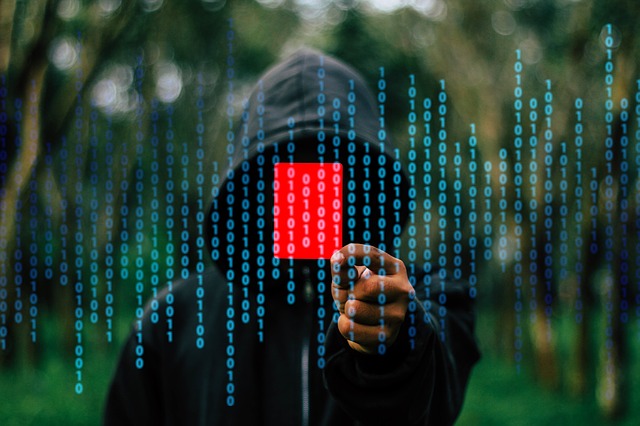
Cyber attacks aren’t fun and can happen to any business, great or small. With our constantly evolving understanding of the internet, hackers are constantly working out new ways to break into our digital information (and security software is constantly having to play catch up). Having a decent anti-virus and firewall programme installed on your PCs should prevent the bulk of cyber-crime. But to protect against the more advanced internet crooks, you may need to take further measures. Here are some of the types of cyber-attack most commonly suffered by businesses and how to secure your business against them.
Malware
Malware (short for ‘malicious software’) is your most common type of cyber-attack and takes the form of a rogue programme that tries to disrupt your computer. Some are malevolent pranks simply meant to disturb your work often by flooding your computer with viruses, whilst others will try to steal your personal information. Having an anti-virus software that warns you of untrusted websites and a spam filter that gets rids of suspicious emails is one of the best ways of preventing malware. When checking your junk, be careful of clicking on links in suspicious looking emails as they could lead you to virus-infested pages. Steer clear of websites that have a warning beside them on search engines and reboot your computer if a suspicious webpage refuses to shut.
Ransomware
Ransomware is a type of malware that takes your computer’s information hostage and demands money from you. This type of software can be quite advanced and may need a computer techie to get rid of it. Having a failover system in place such as Infrascale data and disaster recovery systems is a good way to keep your business running in such situations, transferring all your information to a safe source. Such programmes used to be too expensive for small businesses, but more affordable versions have since become available on the market.
Website attack
Hackers may target your business website either as a prank, to damage your reputation or to steal information. Any admins to your website should continuously change their passwords to discourage hackers. You can also look into website security tools that will protect against cross-site scripting and SQL injection attacks. For this security software, consult a computer technician or website designer.
Employee cyber-attacks
Sometimes it’s not third-party hackers you have to worry about, but your own employees! Depending on how important security is to your business, make each staff member apply for a CRB check to see if they have previous criminal behaviour related to computers or theft. Only let key staff know about particular pieces of sensitive information and have special passwords and codes for sensitive files and secure areas. This will limit access to files that could be stolen or tampered with. Putting a camera inside can also put off staff from partaking in criminal activity – but make sure your staff know they’re being spied on (not telling them is illegal!)
Leave a Reply